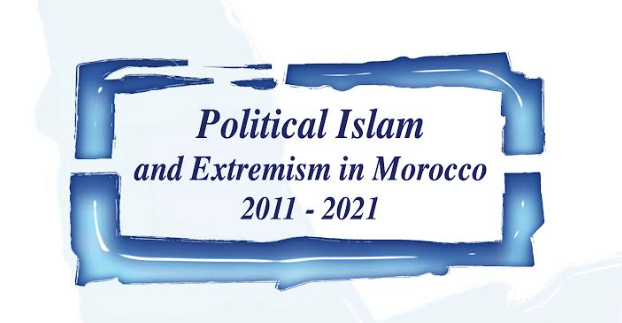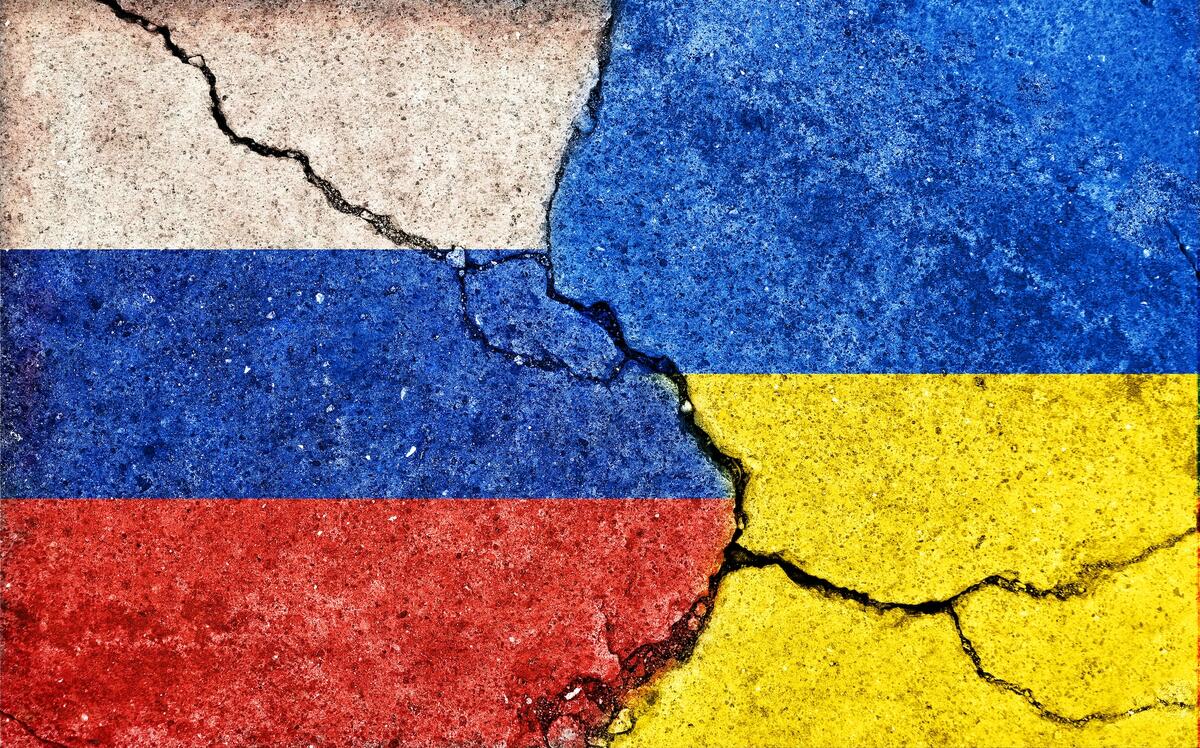Present-day Egypt, Iraq, and the Levant owe a significant portion of their history and heritage to members of the Christian faith, whose presence in the area predates the advent of Islam by centuries. They contributed enormously to the development of what came to be known as Arab and Islamic civilization: They enriched the language. They joined with Muslims, as well as Jews, in significant aspects of government and the economy. And despite the great draining of Christian communities due to emigration, particularly in the past few decades, Christianity and the communities that embrace it remain integral to the region today. But though Christian communities have known tribulation at many times in the past, today’s instability has brought them an unprecedented — and understandable — degree of apprehension.
Al-Mesbar’s ninety-first monthly book, “Christians in the Arab East” (July 2014), examines the roots of rising fear shared by the area’s Christians. It parses the interplay of political Islam and political Salafism, the consequences of the Syrian civil war since 2011 — both inside Syria and in the broader vicinity — and the exodus of Iraqi Christians from Mosul after the takeover of the city by the so-called “Islamic State.”
Lebanese historian Massoud Daher opens the volume with the observation that among the roots of present-day sectarianism in the region are the political and social climate of the waning decades of the Ottoman Empire. In his paper, “Sectarianism in the Ottoman Sultanate,” Daher trains his focus on the Ottoman province of Syria from the 19th century until the fall of the empire at the end of World War I. His historical overview considers internal as well as external factors that caused the relatively “stable sectarianism” of the Ottoman Millet system to deteriorate into sectarian persecution.
With the collapse of Ottoman rule and the rise of Arab nation-states, most Arab Christians embraced the region’s nationalist projects, and played a prominent role in articulating ideals of a modern “Arab renaissance.” They sought to promote, as well, the principle of a “citizen state,” whereby citizens of diverse creeds and ethnicities enjoyed equal status and the society transcended sectarianism as a principle of political organization.
Georges Massouh, professor of Islamic Studies at Balamand University in Lebanon, takes us back in his paper to the dawn of nationalism, secularism, and socialism among Christians before the fall of the Ottoman Empire, and shows how their historical status as minorities predisposed them to join in the nationalist project. He profiles Christian intellectuals such as Butrus al-Bustani, Shibli Shumayyil, and Farah Anton, who worked continuously to advance their ideals amid foreign occupation, sectarian warfare, and the eventual rise of Islamic extremism.
Some researchers attribute the waning of Christian communities in the Arab East to the political establishments’ failure to adopt political policies that acknowledged diversity as a component of national development. Husam al-Din Ali Majeed, professor of Political Science at Salahaddin University in Iraq, explores this theory through his study, “The Problematic of Diversity .. a Comparison between Western and Arab Countries.” The researcher compares state policy in various Western and Arab countries with respect to the management of ethnic, cultural, and religious difference, with an eye to the following questions: What would be some appropriate intellectual references for Arab states in formulating new policies toward minority communities? To what degrees are Arab states already developing diversity policies in a concerted fashion? Is it possible to apply Western multiculturalism theories in the Arab world, as part of a reform of the state and its intellectual foundations?
“Christianity: 20 centuries of Iraq’s history” is the title of a paper by Rasheed Al-Khayoun, an Iraqi scholar of Islamic philosophy. The paper is in part a celebration of the deeply rooted history of Christianity in Mesopotamia. He presents multiple narratives about how Christianity emerged in the area, how it spread, and how the earliest churches were established, — such as the Church of Al-Mada’in, built in the first and second centuries of the Common Era (79-116 CE). Al-Khayoun discusses the profound significance of the ancient city of Al-Hīra in Christian historical. He goes on to describe relations between Christians and Muslims in Iraq — from the rise of Islam through the Umayyad and Abbasid eras to the Ottoman period. He describes the oppression they faced by Iraqi authorities — whether king, a caliph, a prince, or an Agha. The study also presents statistical data about Christians in Iraq since 2003, documenting their decreasing numbers. It considers, as well, the conquest of Mosul by ISIS and subsequent, horrific treatment of the ancient Christian community: The so-called “Caliph,” Abu Bakr al-Baghdadi, forced Christians to choose between conversion to Islam, acceptance of dhimmi status, or “the sword.”
The next paper — “Politics of Identity: a Study of the Iraqi Experience” — comes to us from the Iraqi professor of political theory at Salah al-Din University, Ra’d Abdul Jalil. He has studied the place of national identity in the Iraqi constitution which was ratified in 2005. He starts with a basic premise: The constitution did not contribute to the reestablishment of conditions of stability which had been established in previous periods in the history of modern Iraq — however flawed and brutal the tactics prior regimes had used to do so. The new constitution failed to encourage a new Iraqi national identity that would transcend sectarianism as a principle of political organization. On the one hand, the new constitution sought in theory to confront social and economic imbalance in the society and at least give the nod to a variety of nonsectarian political philosophies — including liberalism, communitarianism, and strands of socialism. On the other hand, the political class that went on to rule Iraq sidestepped the implementation of these principles, and consolidated sectarian majority rule at the expense of national cohesion.
Lebanese researcher Sarkis Abou Zeid focuses in his paper, “Lebanese Christians: Between Sectarian Conflict and Existential Anxiety,” on the new complexities confronting his country due to sectarian conflicts and the fear of neighboring, hostile forces, in particular due to the Syrian civil war. He examines his subject in three parts: The first is the status of Lebanese Christians on the eve of the 2011-12 Arab revolutions; the second, new, existential challenges to the Christian community following the revolutions; and third, Christian responses to the latter challenges. Abu Zeid presents statistics showing the demographic spread of Lebanese sects, and surveys land transactions that point to an overall shift in ownership from Christians to Muslims, raising newfound concerns.
Next, Palestinian scholar Omar al-Mahameed trains his attention on the state of Christians in the Palestinian territories of the West Bank and Gaza. His study focuses on the role of churches in affairs of state, the sharp demographic decline of the Palestinian Christian population, and the effects of Israeli policies toward Christian and Muslim holy sites in Jerusalem. The author’s inquiry is focused on the impact of Israeli policies on Christians, largely to the exclusion of other social and political forces, such as Islamist groups, and the impact of their policies. As such, the paper may be read in part as a form of testimony to a political vantage point shared by many Palestinian intellectuals today.
Mai Mogib Mus’ad, a professor of political science at the University of Cairo, attempts in her study, “The Copts in Egypt: Fears and the Future,” to determine the social and political factors in post-revolutionary Egypt that are shaping — and reshaping — the status of Copts. She examines the nature of the relationship between church and state; Copts’ participation in the political process without coordination with the Coptic Church; shifts in the leadership of the Church; the ascent of political Islam and increased sectarianism; and finally, the role of Copts in the June 30th revolution.
Next, the Vice President of the organized Protestant community of Egypt, Reverend Andrea Zaki Stephanous, presents an analysis of the discourse of the Muslim Brotherhood and Salafi groups toward Copts in Egypt. The paper compares the tradition of tolerance and moderation that have deep roots in Egyptian history, then juxtaposes them with contemporary Islamist religious discourse — both prior to the “Arab spring,” and following the successive January and June revolutions.
Hammoud Hammoud, a Syrian researcher in Islamic philosophy, contributes the paper, “Syria: the Rise of Jihadism and the Struggle for Christianity,” turning our attention to the situation of Christians of Syria since 2011. The paper shows the impact of jihadist groups on Christian communities, as well as the communities’ reactions. He also examines the issue of Christian support – in the writer’s view – for the Syrian regime, and critiques the notion of an “alliance of minorities.”
Michel Sabeh, Professor of Political Sociology in the University of Lebanon, analyzes the text o the analyzed the text of the Vatican’s 2012 apostolic exhortation on Middle Eastern Christian communities. He examines the document’s various themes, such as Muslim-Christian dialogue, and considers the impact of the Palestinian-Israeli conflict. He ultimately concludes that the exhortation does not represent a significant departure from its apostolic antecedents.
Youssef Mwanes, a professor of theology, provides a historical overview of the relationship between Christians of the Arab East and the Vatican. Then Afife Ousmane, a professor of medieval Western philosophy at the University of Lebanon, reviews five new books about Arab Christians: Arab Christians: Studies and Discussions; Arab Christians and Arab Nationalism in Syria and Egypt 1840-1918; Whither Arab Christians? A point of view; Continuity of Christians in the Levant: a Muslim choice; and finally, Arab Christians: Current Challenges and Options of Fate.
The Center would like to extend its gratitude to all the contributors who made this book possible — especially Rita Faraj, who coordinated and oversaw its production.










